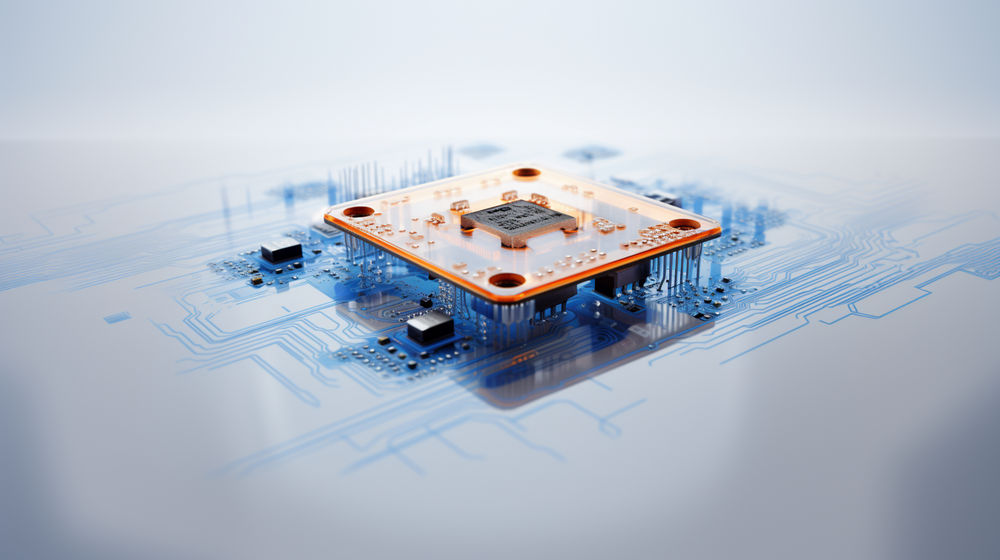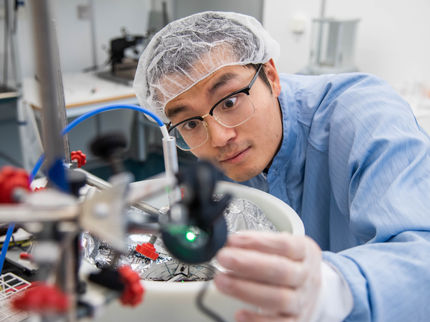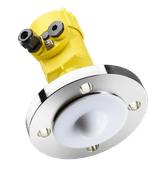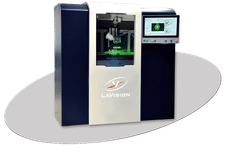U. T. Dallas-led research team produces strong, transparent carbon nanotube sheets
Advertisement
University of Texas at Dallas (UTD) nanotechnologists and an Australian colleague have produced transparent carbon nanotube sheets that are stronger than the same-weight steel sheets and have demonstrated applicability for organic light-emitting displays, low-noise electronic sensors, artificial muscles, conducting appliqués and broad-band polarized light sources that can be switched in one ten-thousandths of a second.
Starting from chemically grown, self-assembled structures in which nanotubes are aligned like trees in a forest, the sheets are produced at up to seven meters per minute by the coordinated rotation of a trillion nanotubes per minute for every centimeter of sheet width. By comparison, the production rate for commercial wool spinning is 20 meters per minute. Unlike previous sheet fabrication methods using dispersions of nanotubes in liquids, which are quite slow, the dry-state process developed by the UTD-CSIRO team can use the ultra-long nanotubes needed for optimization of properties.
Strength normalized to weight is important for many applications, especially in space and aerospace, and this property of the nanotube sheets already exceeds that of the strongest steel sheets and the Mylar and Kapton sheets used for ultralight air vehicles and proposed for solar sails for space applications, according to the researchers. The nanotube sheets can be made so thin that a square kilometer of solar sail would weigh only 30 kilograms. While sheets normally have much lower strength than fibers or yarns, the strength of the nanotube sheets in the nanotube alignment direction already approaches the highest reported values for polymer-free nanotube yarns.
The nanotube sheets combine high transparency with high electronic conductivity, are highly flexible and provide giant gravimetric surface areas, which has enabled the team to demonstrate their use as electrodes for bright organic light emitting diodes for displays and as solar cells for light harvesting. Electrodes that can be reversibly deformed over 100 percent without losing electrical conductivity are needed for high stroke artificial muscles, and the Science article describes a simple method that makes this possible for the nanotube sheets.
Other news from the department science
These products might interest you
Most read news
More news from our other portals
See the theme worlds for related content
Topic world Sensor technology
Sensor technology has revolutionized the chemical industry by providing accurate, timely and reliable data across a wide range of processes. From monitoring critical parameters in production lines to early detection of potential malfunctions or hazards, sensors are the silent sentinels that ensure quality, efficiency and safety.

Topic world Sensor technology
Sensor technology has revolutionized the chemical industry by providing accurate, timely and reliable data across a wide range of processes. From monitoring critical parameters in production lines to early detection of potential malfunctions or hazards, sensors are the silent sentinels that ensure quality, efficiency and safety.

































































